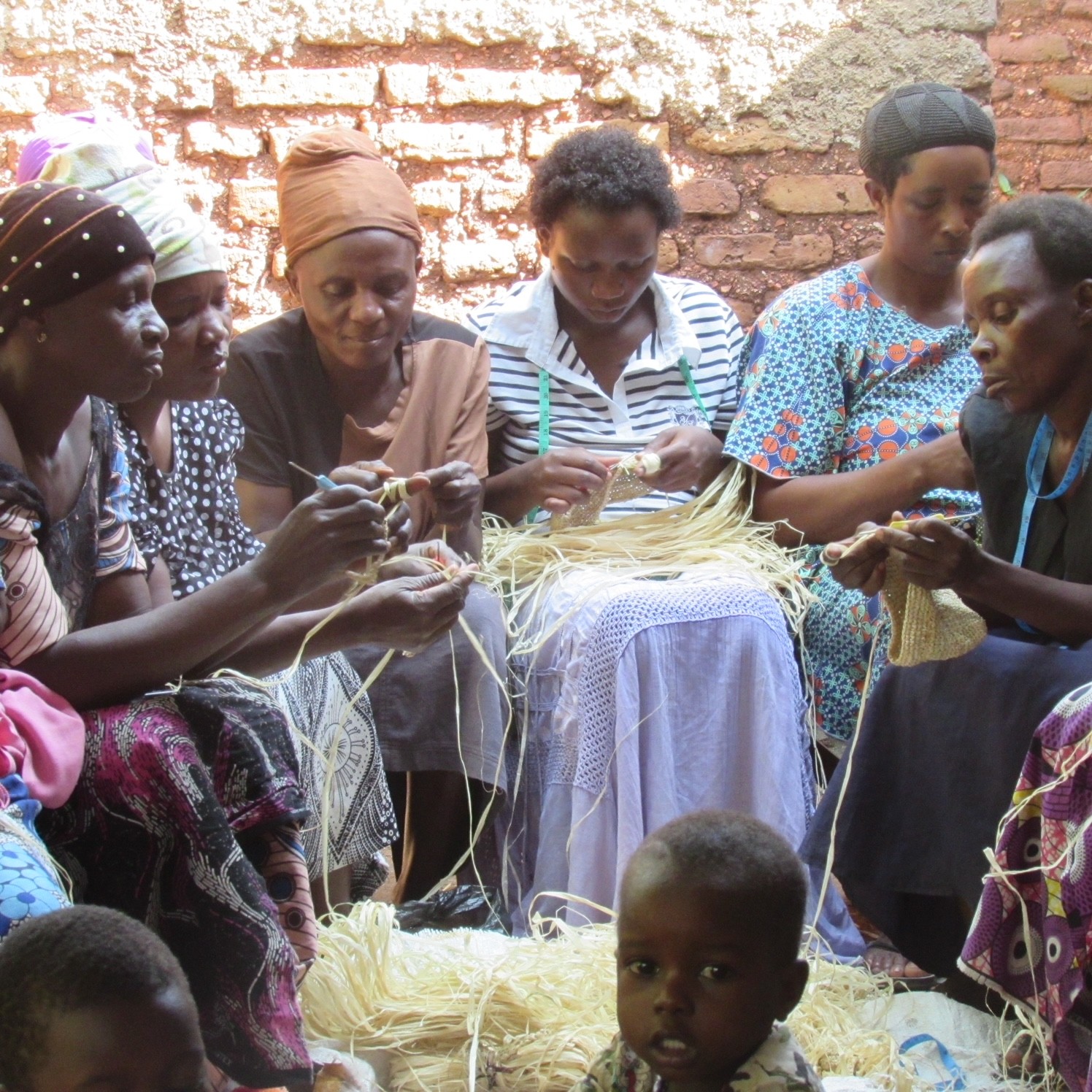
Private Sector Foundation of Uganda under the Competitiveness and Enterprise Development Project (CEDP) engaged Uganda National Apiculture Development Organization (TUNADO) and Uganda Community Tourism Association (UCOTA) to provide capacity building services and also provide light equipment and tools to various community groups living around Queen Elizabeth National Park and Bwindi Impenetrable National Park. The objective was to build the capacity of the community groups to engage in tourism related activities.
The initiative aimed at empowering 200 beekeepers and 200 crafts producers organized under registered community groups with the relevant knowledge and skills necessary to engage in sustainable tourism practices. Through comprehensive theoretical and hands-on practical sessions, participants were equipped with the necessary knowledge and skills to engage in these activities as a viable livelihood option.
Key components of the Apiculture training included:
Furthermore, TUNADO provided each of the 200 trainees (53 Female and 147 male) with beekeeping posters (pictorial guide) to enhance their conceptualization because majority of them could not read and write but were able to interpret the visual aids. TUNADO equally linked the 10 beekeeping groups with World of Bees Ltd (TUNADO’s business wing) for market access but also efforts are underway to register the beekeeping groups with TUNADO for continued technical support and information sharing. The belief is that this will strengthen the groups more and ensure their sustainability.
It is important to mention that as a result of both trainings, participants are now:
The trainings were received with a lot of enthusiasm and we are optimistic that the inculcated knowledge and skills in beekeeping will foster economic opportunities and environmental conservation.


Figure 1 trainees, learning how to inspect a hive and pest control methods

Figure 2 practical session on erecting hive stands and site clearance

Figure 3: Skilling in crafts production


Handbag weaving training with Katungulu women group

Sandal prototype